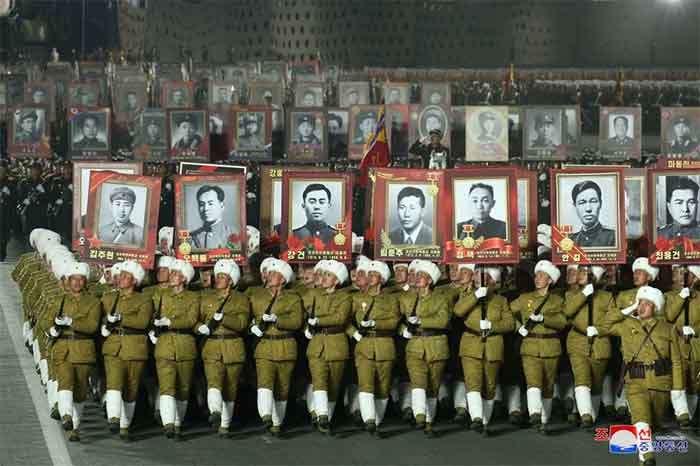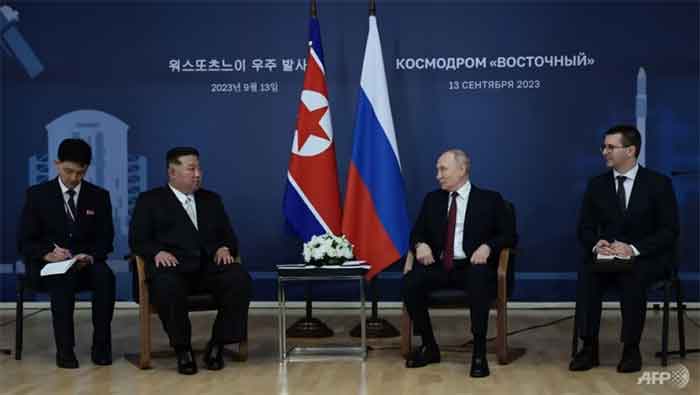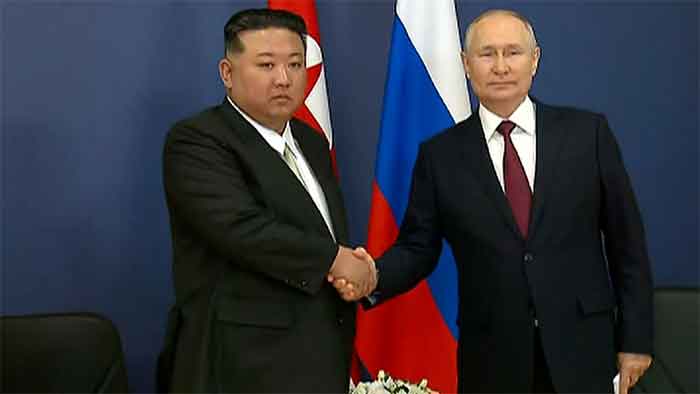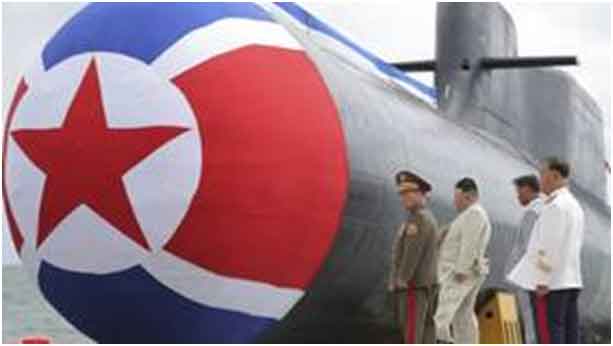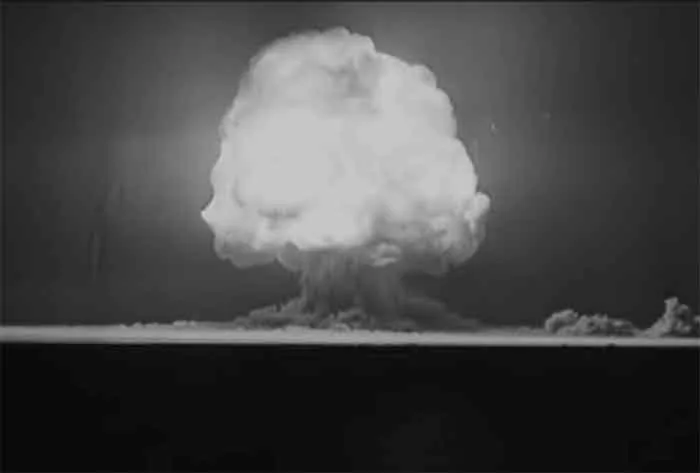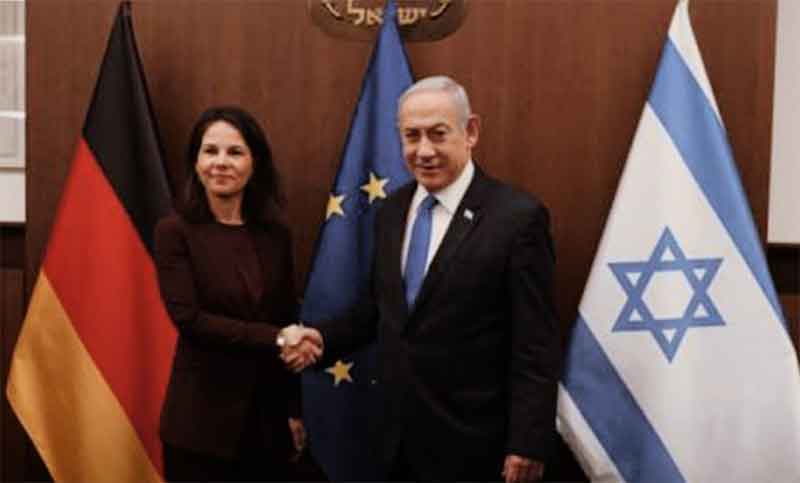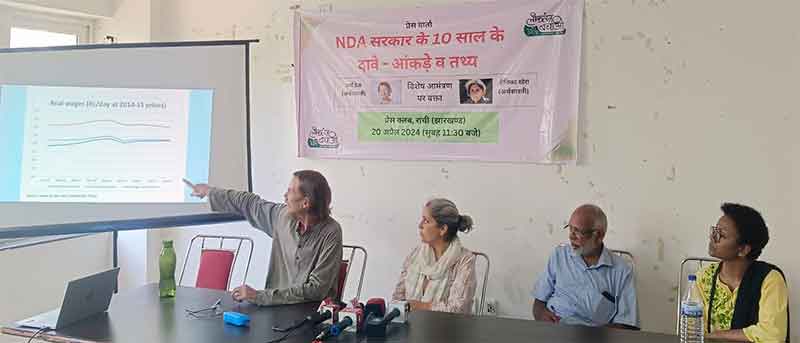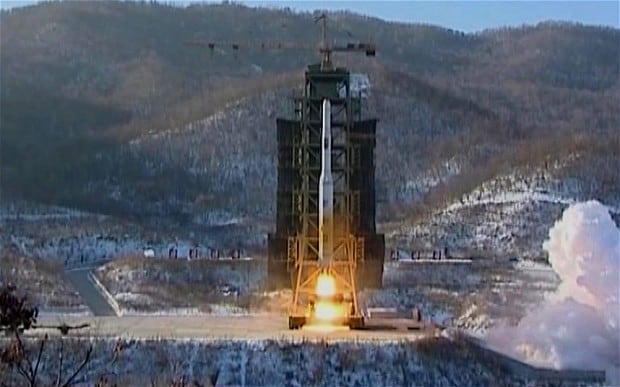
It is a performance where few are laughing. The DPRK has demonstrated again why it remains by far the most theatrically foolish yet prescient of powers. Held hostage by the plump boyish leader, Kim Jung-un the nuclear program of that benighted state has been doing more than just stuttering along. It seems to be positively screaming away.
Everything about the relationship is one of teeth-chattering proximity. This month’s nuclear test that shook US Secretary of State John Kerry and his Japanese and South Korean counterparts took place within 50 miles of the North Korean-Chinese border, and within a region inching towards nuclear temptations.
On Monday, Kerry kept company with South Korea’s Yun Byung-se and Japan’s Fumio Kishida, and promised some form of response. The underground nuclear test, incidentally, also comes galloping after a series of ballistic missile tests.
South Korea is positively apoplectic, feeling that it should find some way of flexing its muscle. For Yun, the missile and nuclear tests by North Korea posed a “ticking time bomb” that needed rapid defusing. “What we see is a looming perfect storm that may not only pounce on Northeast Asia but sweep over the entire world.”
While the regime in North Korea keeps pundits and regional powers guessing, it is worth pointing out that each test, and each claim of success, have tended to be qualified after the initial thrill of achievement and terror. The claim that a thermonuclear device had been successfully tested on January 6 this year has been disputed by weapon watchers.
There are also lingering doubts about whether plutonium or uranium has formed the base of these tests. Uranium, for instance, would suggest some progress (the BBC going so far as to call it “a significant leap”), given the country’s finite plutonium resources.
One thing is clear: the nuclear military establishment has been, since the October 9, 2006 test, busy attempting to refine such a weapon in and around Punggye-ri. The quest for miniaturising a system capable of being delivered on a war head is the ultimate card in a dangerous game of survival.
Kerry, with little imagination, struggled to find a vocabulary to cope with the impetuous regime in Pyongyang. He did claim that a coterie of foreign leaders and himself should “make it clear to a reckless dictator that all he is doing through his actions is isolating his country, isolating his people and depriving his people of genuine economic opportunity.”[1]
The point of all this is that these leaders have been left scratching and groping. Who to press and cajole? Beijing has tended to be the traditional channel, though the understanding there shown by Kerry has not always been coherent.
Washington has again given the impression that the Chinese are caretakers for the mad and bad in Pyongyang. This patent nonsense is fed by such individuals as Defence Secretary Ash Carter, who openly used the term “important responsibility” on Beijing’s part to keep tabs on their delinquent associate.
Such a direction seems to entail much hand washing on the part of the Pentagon and State Department, neither of which seems to understand that bristling US power remains the ultimate threat to the DPRK. (As the North Korean Rodong Sinmun suggested, the US was a “cancer-like entity”.) Finding a peaceful accord with North Korea is one of the pieces of the broader security puzzle, and a heavily militarised peninsula remains an invitation to calamity.
To that end, the DPRK publications tend to cite the continued presence of US forces in South Korea as a fundamental problem. “The Koreans,” editorialised Rodong Sinmun, “can never live in peace unless the aggressor forces are withdrawn from South Korea.”[2]
The other side of the interpretation is that chastising Pyongyang simply plays into the hands of the US, already deemed unnecessarily bullish with such planned deployments as the missile-defence shield known as THAAD to Seoul. In the careful words of Zhang Liangui of the Central Party School, “For China to exert too much pressure on North Korea is tantamount to helping the US.”[3]
Theatre has proven to be everything in the masks of nuclear deception. Ability is exaggerated; prowess is trumpeted. Last week, the US reminded the North that it could also do a bit of bullying from afar, with B-1B bombers doing the rounds. Every display of power seems to throw caution to the wind. With each such display, the fear is that the theatre will ignite, be it a straying missile, a false signal. Cornered states on life support, surrounded by non-assuring powers, tend to thrive in conditions of volatility.
The pariah in international relations has few options in continuing its existence. North Korea has persistently taken the line that any reform based along a China economic model will doom the state, and pave the way for an absorption into the south. What is left for its leadership is cultivating impressions, something which it has done rather well for much of its existence.
Dr. Binoy Kampmark was a Commonwealth Scholar at Selwyn College, Cambridge. He lectures at RMIT University, Melbourne. Email: [email protected]
[1] http://abcnews.go.com/Politics/wireStory/us-japan-skorea-condemn-nuke-test-north-korea-42176221
[2] http://www.dailystar.co.uk/news/latest-news/536149/North-Korea-nuclear-time-bomb-nuke-Kim-Jong-Un-USA-America-DPRK-South-THAAD
[3] http://www.nbcnews.com/news/north-korea/china-north-korea-nuclear-tests-highlight-complex-relationship-n648691

